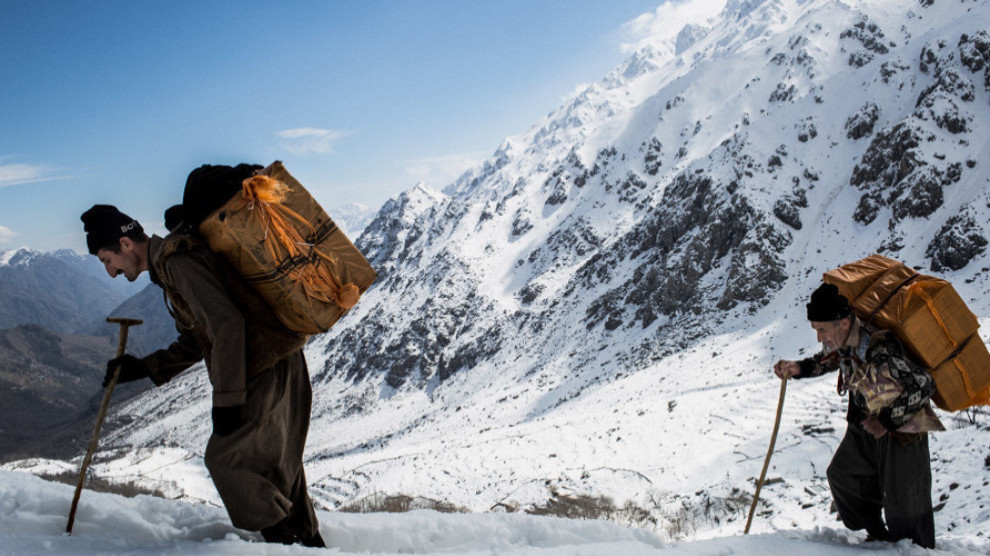2019: 80 kolbars and kasibkars killed at the borders of Kurdistan
At least 80 kolbars and kasibkars were killed in the border areas of Kurdistan in 2019.
At least 80 kolbars and kasibkars were killed in the border areas of Kurdistan in 2019.

According to a report by Kolbarnews, as many as 80 kolbars and kasibkars were killed at the borders between North, East and South Kurdistan during the year 2019. 183 other kolbars were injured as result of mine explosions, freezing weather, avalanche and attacks by Iranian regime forces.
54 of the murdered kolbars and kasibkars were targeted by Turkish forces.
Separately, three kolbars lost their lives after falling off a cliff, 17 froze to death or were buried under avalanche while six others died of accident or heart attack.
168 of the murdered and injured kolbars were from Urmia, 70 from Sine (Sanandaj) and 25 from Kermanshah.
WHO ARE KOLBARS AND KASIBKARS?
Kolbar comes from the Kurdish words, “kol” (back) and “bar” (load). Kolbars make their living carrying loads along the perilous border line. Their loads include cigarettes, mobile phones, cloths, housewares, tea and seldomly alcohol. They walk through dangerous terrain to continue this trade between Southern and Eastern Kurdistan. The goods they bring are sold at high prices in Tehran, but the kolbars who risk their lives for them are paid very modestly.
The intermediaries who take the deliveries and find buyers in cities are called kasibkars.
Kolbars and kasibkars range from 13 to 70 years old. Some only finished elementary school, while others are university graduates. They carry loads, because they can’t find any other employment. In the last 5 years, some 300 kolbars and kasibkars were killed in cold blood. There are no absolute statistics available for the deaths.
Eastern Kurdistan has descended deeper into poverty through the years due to deliberate policies by the Iranian regime and stands out as one of the poorest regions in Iran. Compared to other regions, the area has seen significantly less investment and development has been deliberately curbed. Agriculture and industry weren’t allowed to develop, and as a result unemployment rose to highest in Iran.
Faced with policies of discrimination, oppression and impoverishment, carrying smuggled goods is not a choice but a must for survival.